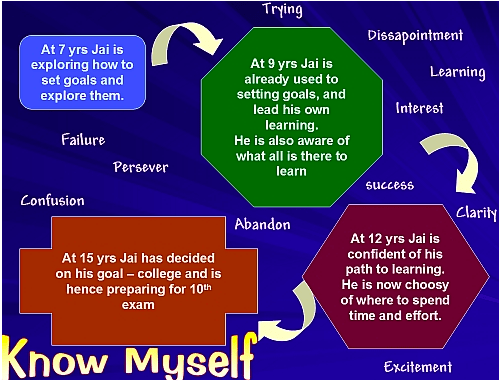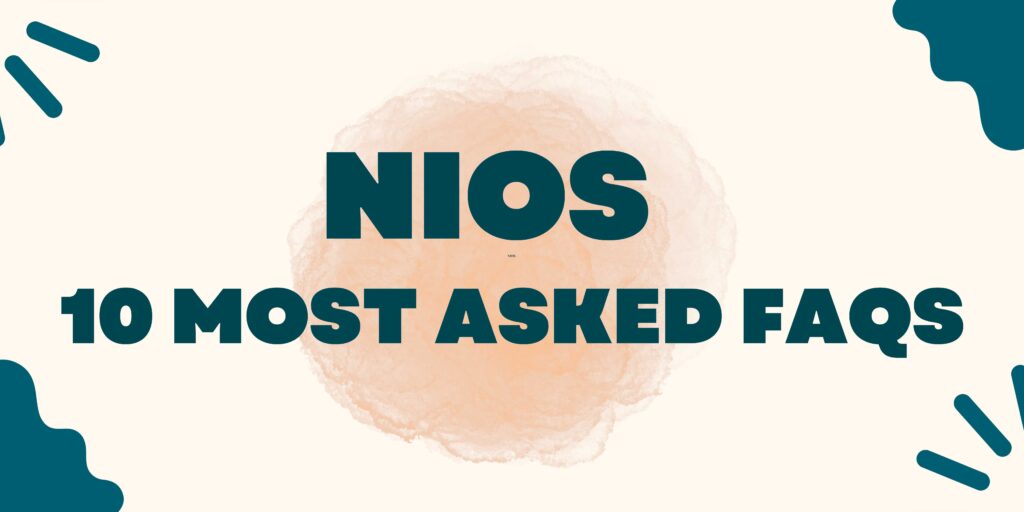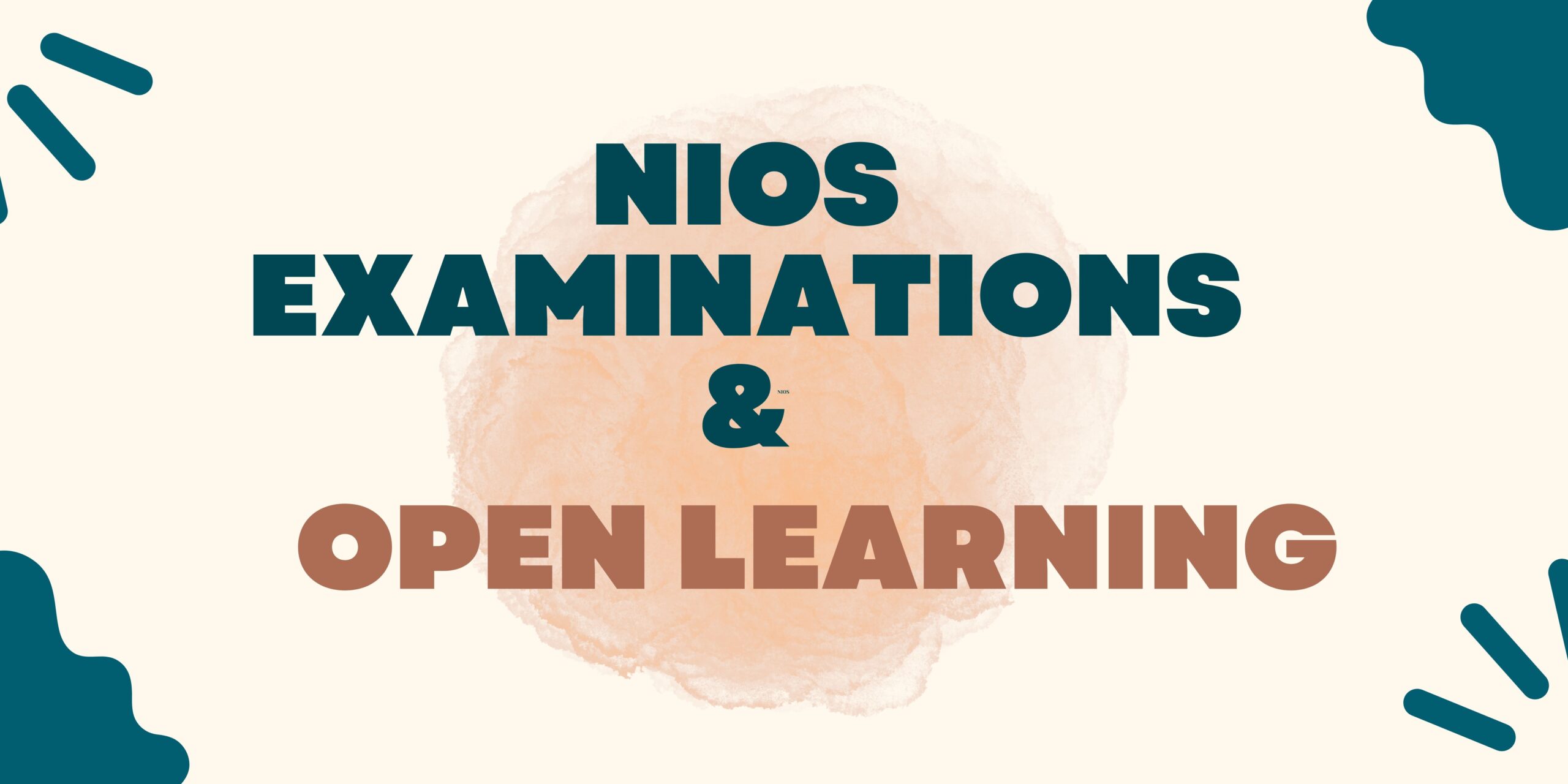How does a Aarohi student write/appear for Std 10/12th exams in the mainstream system?
There are many options of giving the board exams as an open or “independent” candidate. Indian boards like NIOS – National Institute of Open Schooling by Central Government of India, and some states allow private candidates.
You can look into international certifications like IGSCE or IB etc.
For any child in Aarohi, 10th board exam is OPTIONAL. We believe it is not necessary in life to pass 10th and then go to college. One can continue open learning beyond this gate and succeed and live a satisfying life.
Many children in Aarohi have not gone through the boards and certification. We also offer Coversity for teens to do their professional journey outside of conventional routes.
However if you are particular about 10th or if the child wants to join a specific stream / college which requires the child to pass the 10th board exam – then the child will prepare himself/ herself over a few years. Here is a visual representation of our thought on how the child becomes ready for the 10th Exam:

There are many options of giving the board exams as an open or “independent” candidate. Indian boards like NIOS – National Institute of Open Schooling by Central Government of India, and some states allow private candidates.
You can look into international certifications like IGSCE or IB etc.
Watch a video presentation that was done by the regional director of NIOS at Swayam event held in Bangalore in Sep 2019. The presentation is long (55min) but answers almost all common questions about NIOS.
Important: Kindly check the NIOS website for the up-to-date information – since NIOS keeps making changes to their policies, and procedures. Information given here is only for reference purpose and we are neither representatives nor accredited by NIOS.

10 most asked FAQ’s about NIOS compiled by Anil Nair
Also here is guide compiled by two boys who have gone through 10th (and 12th) via NIOS. See the whole playlist for your questions answered. Pl note these are views of Aakarsh and Dhruv and not an official guide to NIOS. The NIOS website is a comprehensive & authentic source of information and online registration.
For any child, 10th / 12th board as well as attending college is OPTIONAL. More so – for any family with children undergoing open / child-led learning (like Aarohi) this question is worth spending some time on.
We have a system operative in our country that by default assumes that school + college is the ONLY way to live life. However, this is not true. It is not necessary in life to pass 10th and then go to college. One can continue open learning throughout and succeed, and, live a satisfying life. One can learn what one wants to learn, can earn what one wants to earn, even get the job which one wants, without necessarily going through the ‘system’. So before you decide – here is a list of questions for you to think about. We’re sure you can add more questions to this list and would like you to email us questions which you think should be added to this list.
- What ALL are your reasons to consider or not consider 10th/12th and college?
- What would the child gain by giving 10th/12th?
- What will the child lose?
- Is the training to give an exam important in life?
- How important is college education? How different it is from school education?
- What are our anxieties when the child does not take the route of 10th/12th and college?
- What all the child can learn / benefit by staying OUT of college?
- How and what all the child may lose / gain by going for 10th/12th and college?
Once you – as a family – decide that your child wants to give 10th / 12th and aim for a college – see links below:
